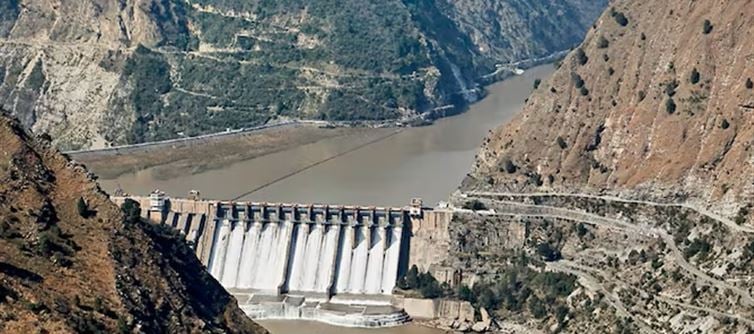
India publicly informed pakistan in a letter of the treaty's immediate suspension and gave several justifications, including persistent cross-border terrorism. Despite their beginnings in indian territory in kashmir - SRINAGAR/JAMMU' target='_blank' title='jammu and kashmir-Latest Updates, Photos, Videos are a click away, CLICK NOW'>jammu and kashmir, the water-sharing agreement gave pakistan rights over the western rivers, the Indus, Jhelum, and Chenab, while giving india full sovereignty over the eastern rivers, the Ravi, Beas, and Sutlej. What impact will the water-sharing agreement's suspension have on pakistan, then?
1. No Indus Waters Commissioners' meetings: The treaty stipulates that two commissioners from each nation should meet once a year, alternately in pakistan and India. Such sessions will no longer take place as india has suspended the treaty.
2. No exchange of data with pakistan Providing pakistan with timely access to hydrological data has been one of India's main responsibilities under the treaty. This includes reporting on glacier melt patterns, exchanging river discharge volumes, and issuing advance flood warnings—all of which are essential for efficient water resource management. Since there is a lack of data on the water level of the indus river and its tributaries, pakistan is at risk of drought or flooding as a result of the measures being put on hold.
3. No prior notice of upcoming initiatives India now has a window to expedite its own hydropower projects and construct dams without relying on negotiations with pakistan because the suspension of the water-sharing agreement prevents the flow of information. Pakistan was granted the authority to flag indian hydroelectric project designs on western rivers as part of the accord.
4. No more field trips by Pakistan's Indus Waters Commissioner to Jammu and Kashmir: Since the agreement has been put on hold, the Pakistani Indus Waters Commissioner is unable to travel to kashmir - SRINAGAR/JAMMU' target='_blank' title='jammu and kashmir-Latest Updates, Photos, Videos are a click away, CLICK NOW'>jammu and kashmir to gather information on the state of indian hydroelectric plants and western rivers.
5. No annual report is published: The Permanent Indus Commission (PIC), a bilateral entity created to oversee the sharing of the Indus system, is required by the Indus Waters Treaty to issue an annual report on the shared use of rivers. However, because india has put the deal on hold, the annual report won't be released, endangering Pakistan's agricultural and irrigation systems.




 click and follow Indiaherald WhatsApp channel
click and follow Indiaherald WhatsApp channel